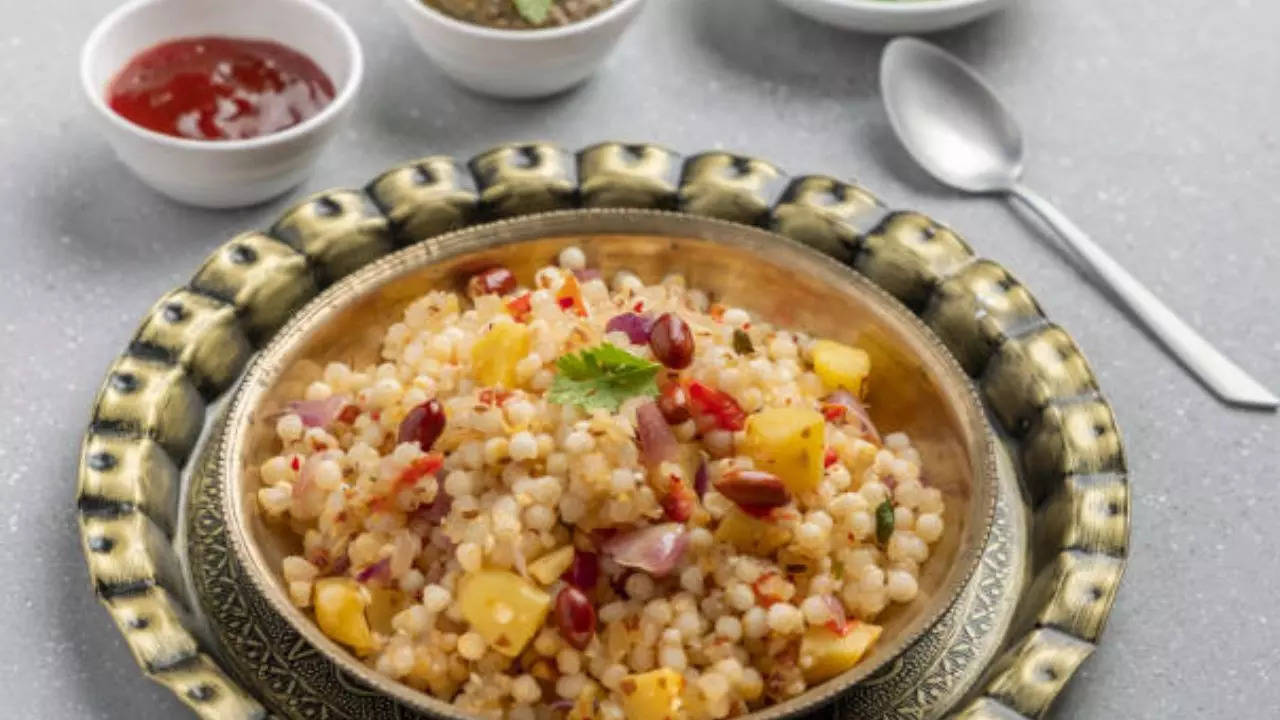
It’s ‘that time of the year’ again when festivities are in full swing. Navratri is a significant and highly revered festival celebrated with great enthusiasm and devotion across India. During these nine days, many people observe fasting as a way to detoxify the body and rejuvenate their spirits. However, despite the intention to purify and maintain good health, most of us find ourselves gaining weight instead. But why does that happen? We got in touch with Ms Parmeet Kaur, Head and Chief Nutritionist and Dietician at Marengo Asia Hospitals, Gurugram who shares the most common mistakes people make during Navratri fasting that contribute to weight gain:
1. Overeating High-Calorie Foods
Ms Parmeet shares that one of the most common mistakes during Navratri is indulging in high-calorie foods. Traditional fasting foods like potatoes, sabudana (tapioca pearls), and fried items like pakoras and puris are often consumed in large quantities. These foods are rich in carbohydrates and fats, leading to an excess calorie intake. To avoid this, opt for healthier alternatives such as baked or roasted snacks, and ensure portion control.
2. Consuming Too Much Sugar
Sweets and sugary drinks are a staple during Navratri fasting. Many people consume large amounts of sweets made from sugar, jaggery, and honey, along with sugary beverages like fruit juices and sherbets, she explains. Excessive sugar intake not only adds empty calories but also spikes insulin levels, leading to fat storage. Instead, satisfy your sweet cravings with fruits or desserts made from natural sweeteners in moderation.
3. Skipping Meals and Then Binge Eating
Fasting often leads to irregular eating patterns where people skip meals and then overeat during the permitted meal times. This disrupts metabolism and causes the body to store more fat. Ms Parmeet explains that to maintain a healthy metabolism, eat small, frequent meals throughout the day. Include fruits, nuts, and light snacks to keep yourself full and energized.
4. Lack of Protein and Fibre
Many traditional Navratri foods are low in protein and fibre, which are essential for feeling full and maintaining muscle mass. Ms Parmeet shares that a diet lacking in these nutrients can lead to overeating and weight gain. Include protein-rich foods like nuts, seeds, paneer, and yogurt in your diet. Add fibre-rich fruits, vegetables, and whole grains to keep yourself satiated and support digestion.
5. Drinking Sugary Beverages
Ms Parmeet explains that sugary beverages like sodas, packaged juices, and energy drinks are often consumed to stay hydrated during fasting. These drinks are high in calories and sugar, contributing to weight gain. Opt for healthier alternatives like coconut water, herbal teas, and plain water infused with lemon or mint to stay hydrated without adding extra calories.
6. Lack of Physical Activity
During Navratri, the focus is often on prayers and rituals, leading to a sedentary lifestyle. Lack of physical activity slows down metabolism and promotes weight gain. Incorporate light exercises such as walking, yoga, or stretching into your daily routine to keep your metabolism active and support overall health, she shares.
7. Overeating Nuts and Dry Fruits
While nuts and dry fruits are healthy and nutritious, they are also calorie-dense. Consuming them in large quantities can lead to an excess intake of calories and result in weight gain. Ms Parmeet shares that one should be mindful of your portions and include them as part of a balanced diet.
8. Consuming Processed and Packaged Foods
Many people rely on packaged and processed foods during fasting for convenience. These foods often contain high levels of salt, sugar, and unhealthy fats, which contribute to weight gain. Ms Parmeet shares that one should prepare fresh, homemade meals using natural ingredients to control the quality and nutritional content of your food.
9. Not Drinking Enough Water
Hydration is crucial during fasting, but many people do not drink enough water. Dehydration can slow down metabolism and make it harder to lose weight, she explains. Drink plenty of water throughout the day to stay hydrated and support your body’s natural detoxification processes.

